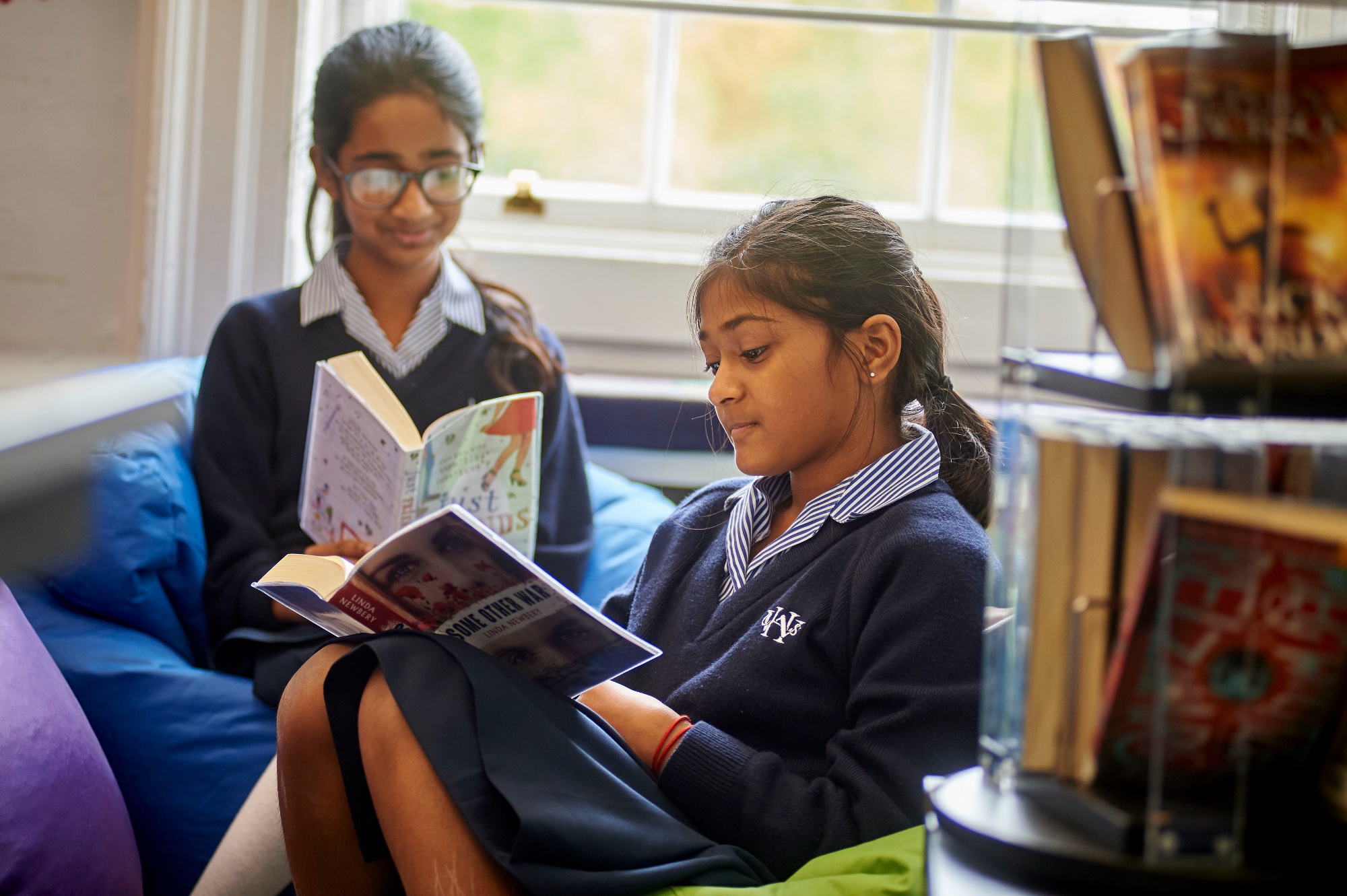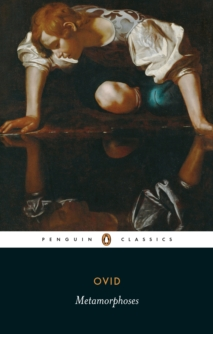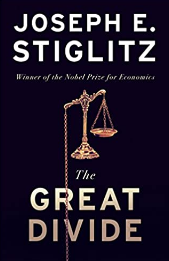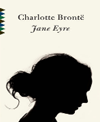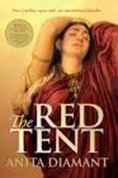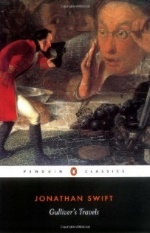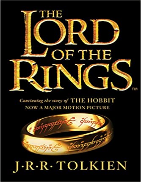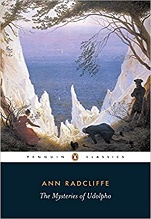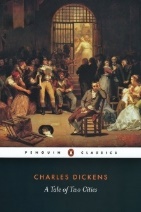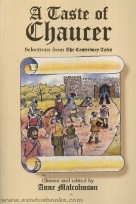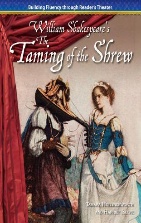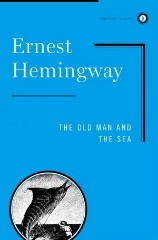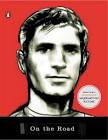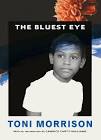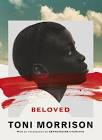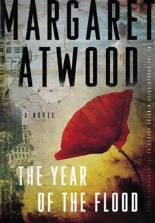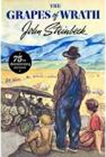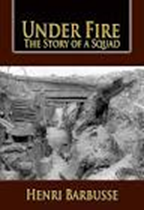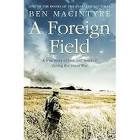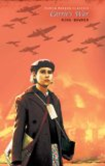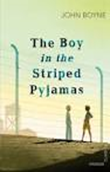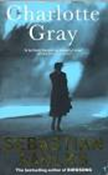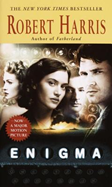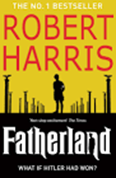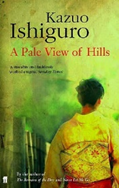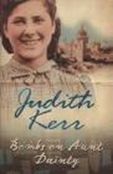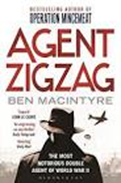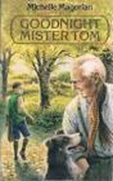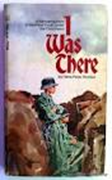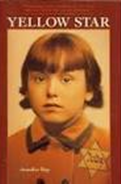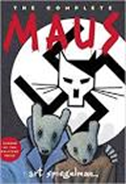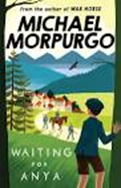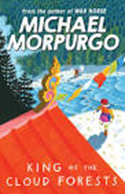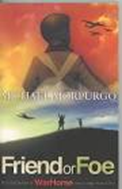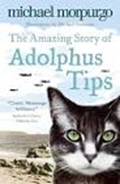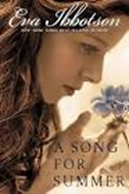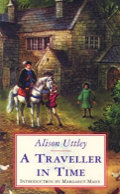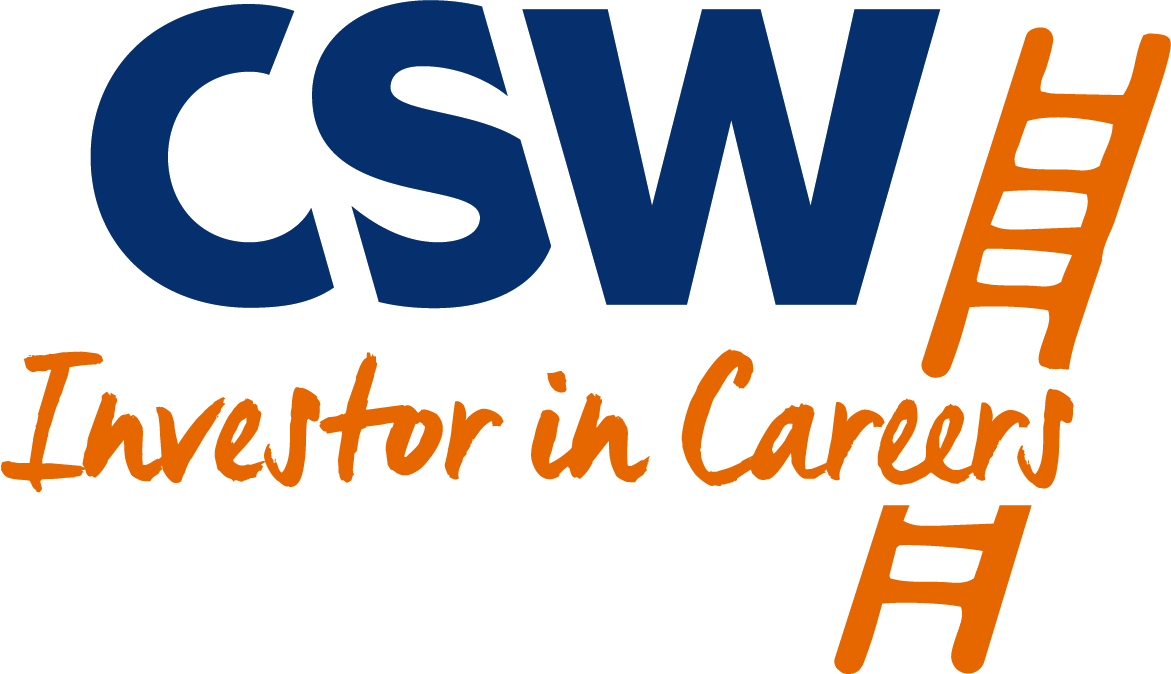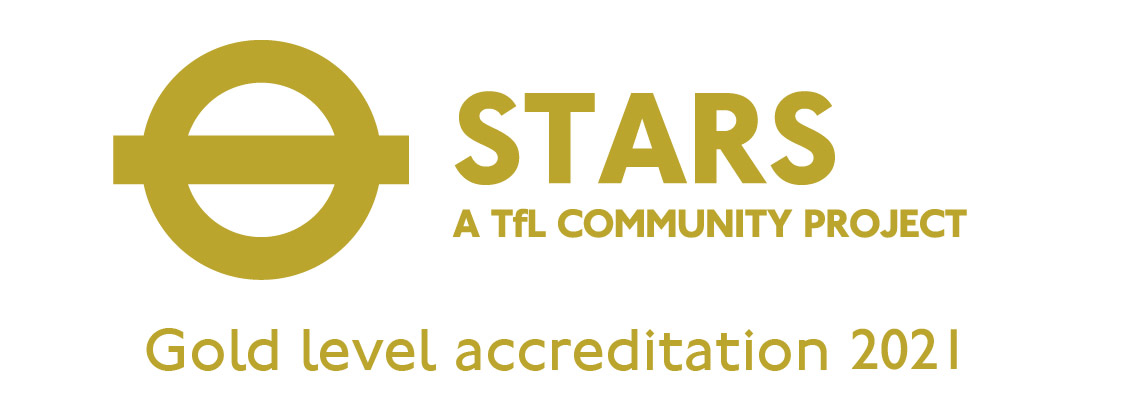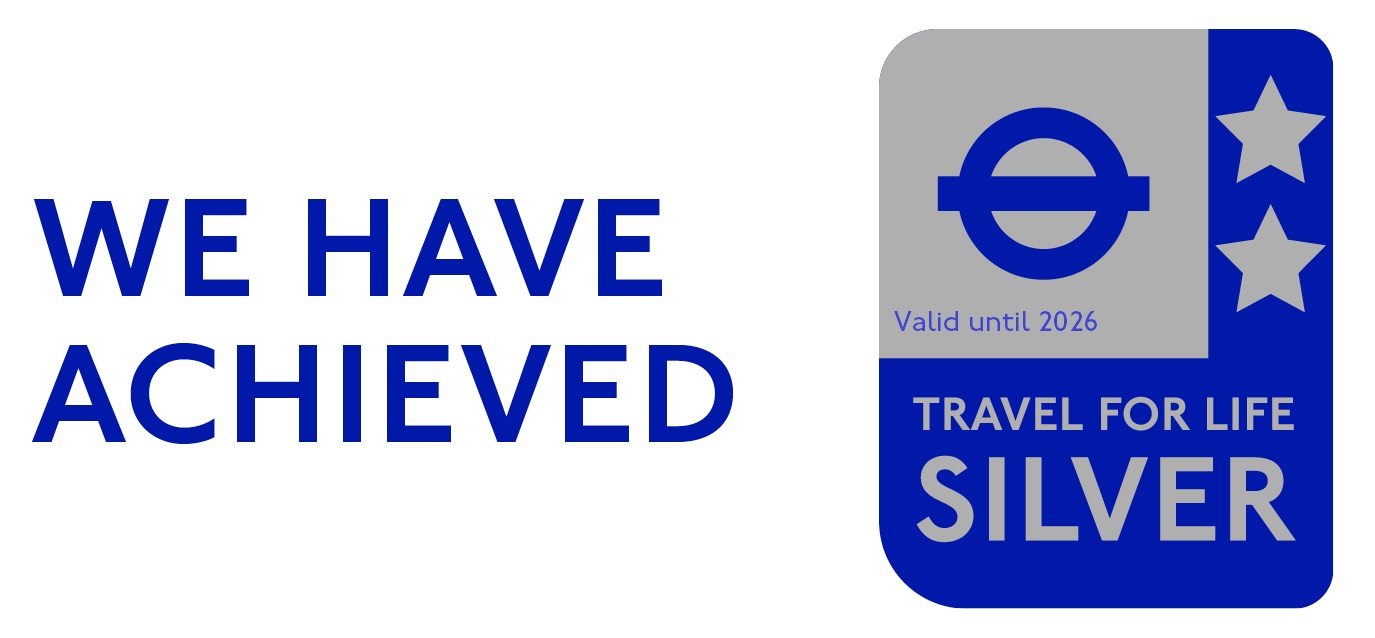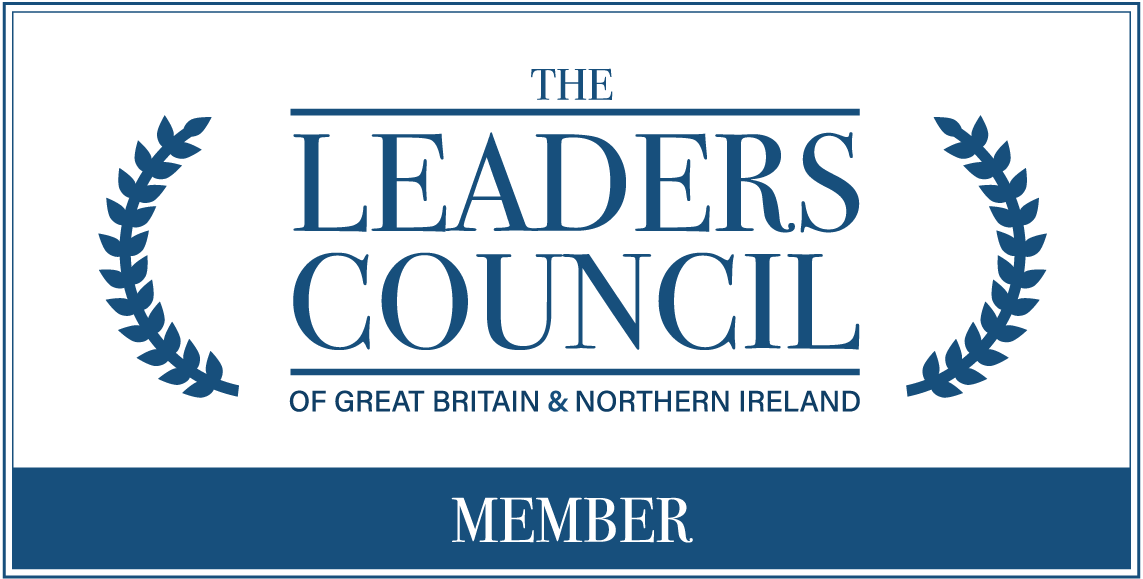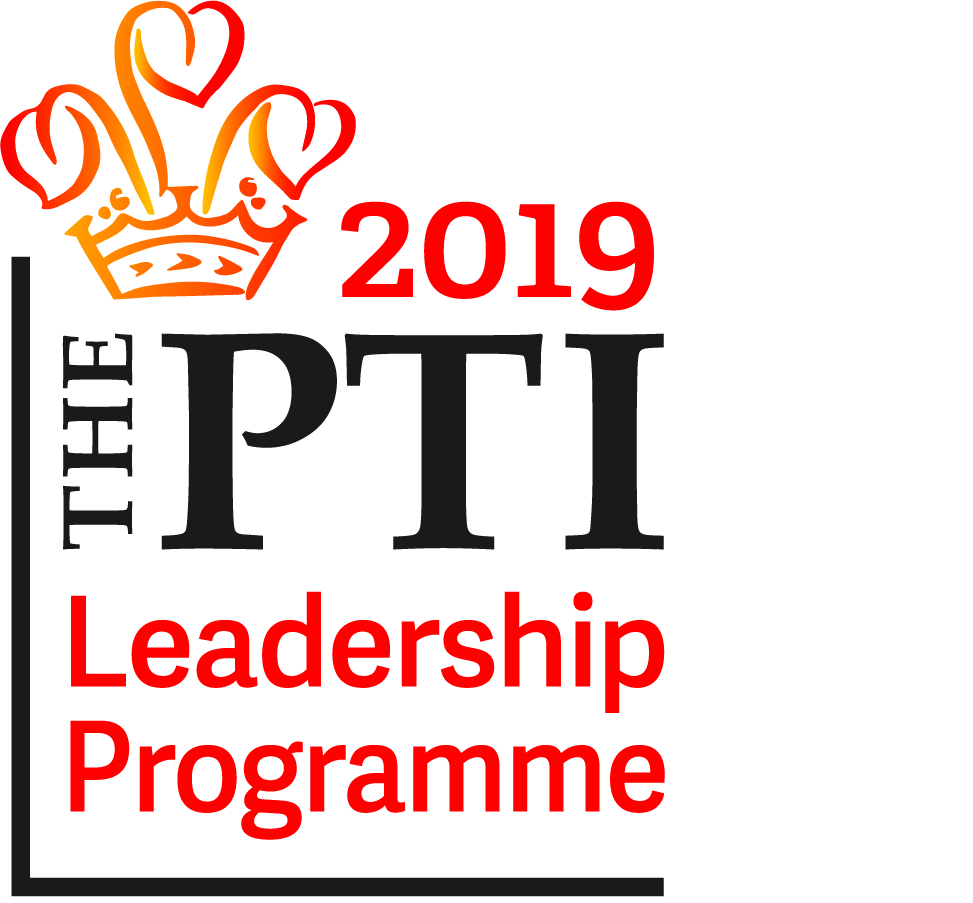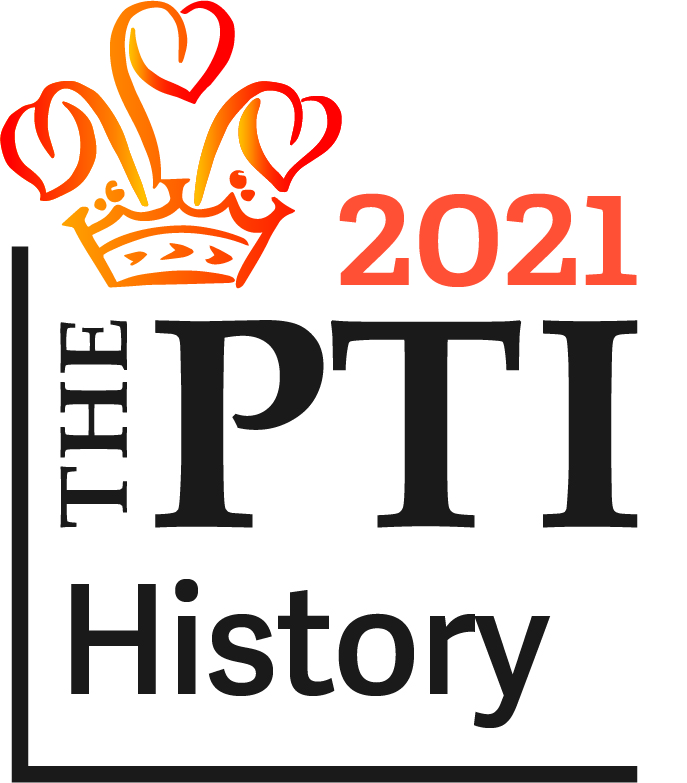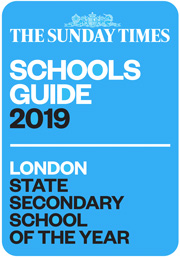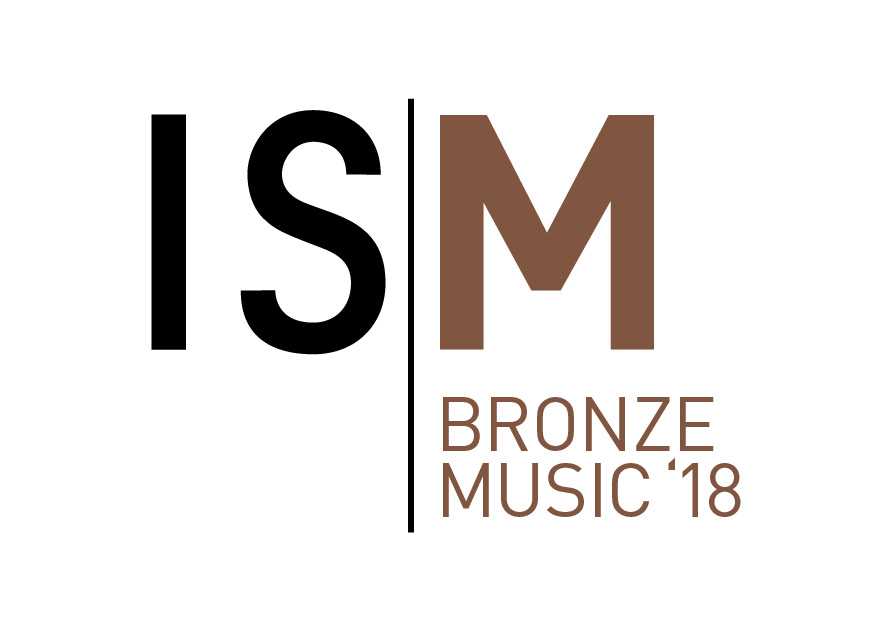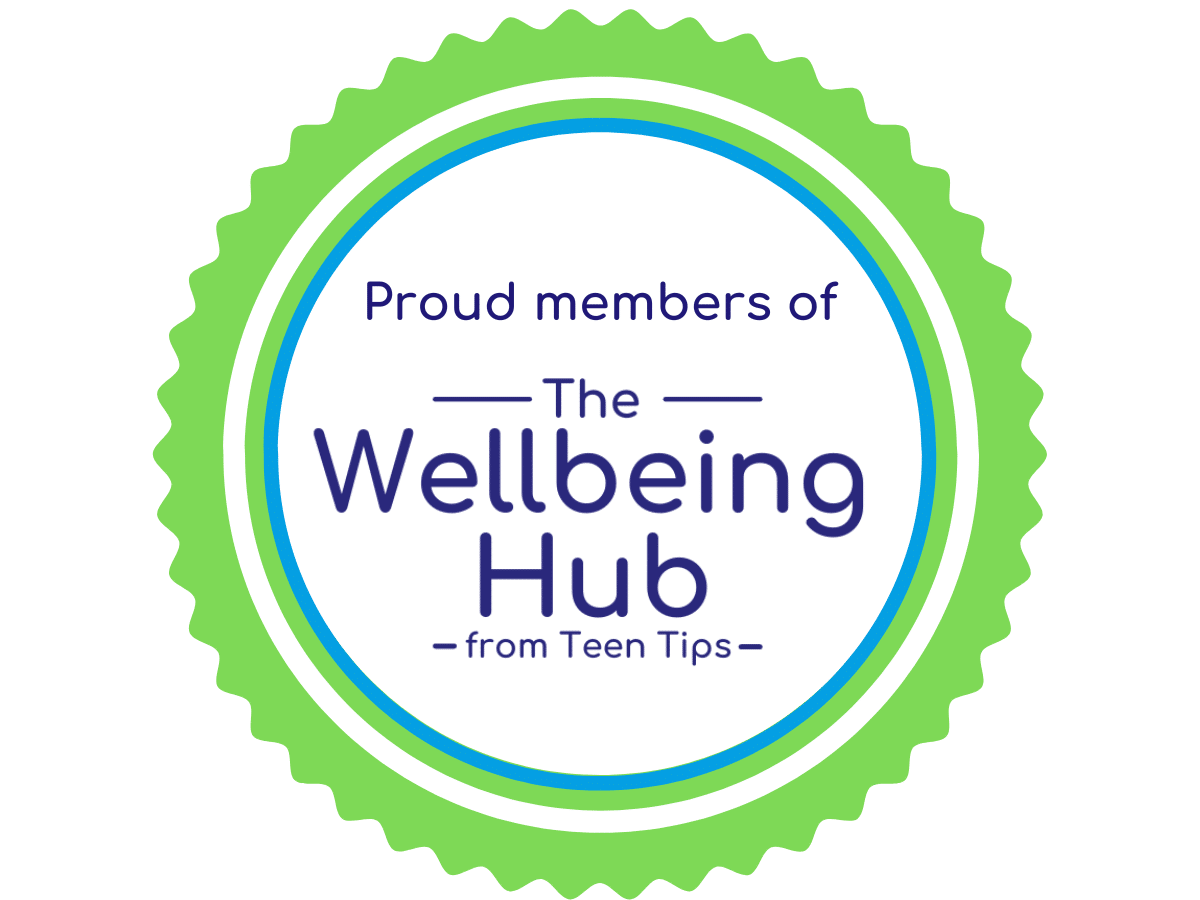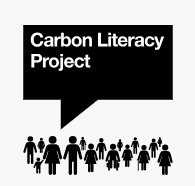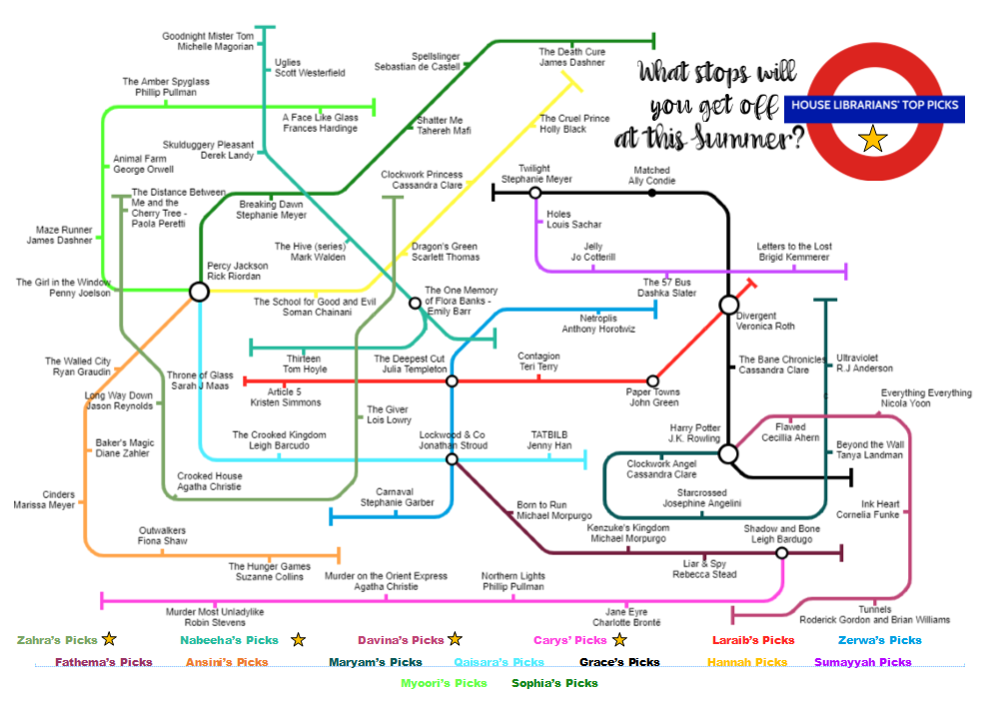

Recommended Reading by Subject
Biology
BIOLOGY
This recommended reading list is mainly aimed at A Level students, but can be enjoyed by anyone who is a good reader!
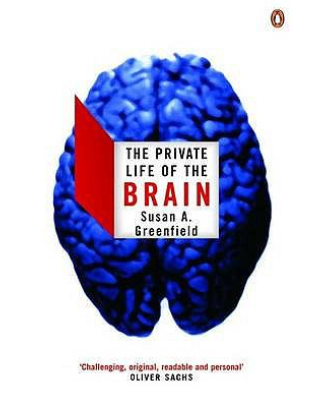 |
Private Life of the Brain – Susan Greenfield
Written by a neuropharmacologist, this book is very accessible and assumes little former knowledge about the subject. The book takes a very multi-disciplinary approach, making it a very riveting read for any Medic! |
||
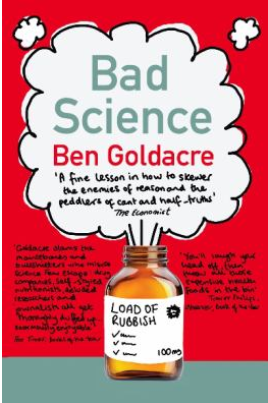 |
Bad Science – Ben Goldacre This is a wise and witty bestseller, shortlisted for the Samuel Johnson Prize, lifts the lid on quack doctors, flaky statistics, scaremongering journalists and evil pharmaceutical corporations. A great book to help you with you evaluation skills of data and deciding whether experiments are trustworthy. |
||
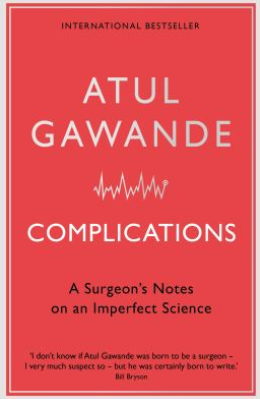 |
|
||
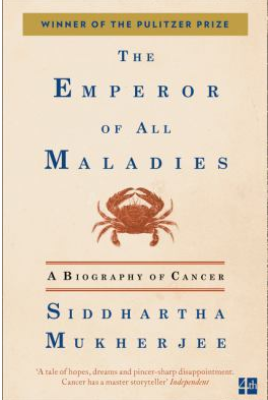 |
Emperor of all Maladies – Siddhartha Mukherjee A look at modern day views on cancer as a disease and its various treatments |
||
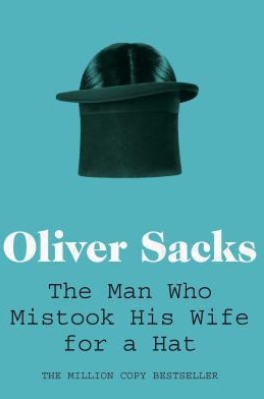 |
The Man Who Mistook His Wife For A Hat – Oliver Sacks An interesting look at neurological conditions. Oliver Sacks looks at the psychological and philosophical reasons behind each of his patients different maladies. |
||
 |
Bad Pharma – Ben Goldacre In the wake of his comic expose Bad Science, this is more systematic medical journalism about the drugs industry. |
||
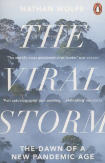 |
The Viral Storm – Nathan Wolfe Counters the suggestion that fear about pandemics is merely caused by scaremongering, exploring how proximity to various animal species has increased the threat of this rapid disease spread. |
||
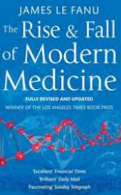 |
|
||
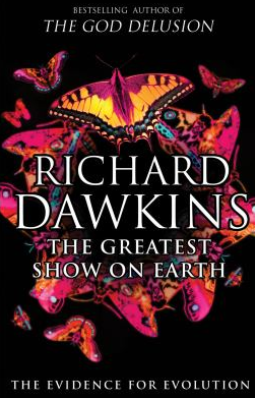 |
The Greatest Show on Earth: The Evidence for Evolution – Richard Dawkins Everyone has read The Selfish Gene, but this is the most recent offering for adults from Dawkins. With every book, he continues in his relentless crusade against creationist theories. Like his others, this is well written, but be careful not to adopt too many of his opinions without proper thought and deliberation. Think about what you don’t agree with as well. |
||
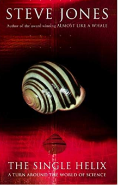 |
The Single Helix – Steve Jones ‘I read this when I was applying’ says one of our tutors – brilliantly written overview of where research currently stands on genetics. Obviously a few years old now, so not fully up-to-date but still fascinating |
Chemistry
Magazines/Journals
- Chemistry Review (subscription available through school)
- Catalyst
Wider Reading for Pleasure/Interest/UCAS
 |
Bad Science – Ben Goldacre This is a wise and witty bestseller, shortlisted for the Samuel Johnson Prize, lifts the lid on quack doctors, flaky statistics, scaremongering journalists and evil pharmaceutical corporations. A great book to help you with you evaluation skills of data and deciding whether experiments are trustworthy. |
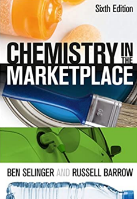 |
Chemistry In the Marketplace – Ben Selinger Chemistry in the Marketplace provides fresh explanations, fascinating facts, and funny anecdotes about the serious science in the products we buy and the resources we use. With chapters on the chemistry found in different parts of our home, in the backyard, and in the world around us, Ben Selinger and Russell Barrow explain how things work, where marketing can be deceptive, and what risks you should really be concerned about. This book might even save you some money! |
 |
Elegant Solutions: Ten Beautiful Experiments In Chemistry – Phillip Ball This book offers ten suggestions for where beauty might reside in experimental chemistry. In some cases the beauty lies in the clarity of conception; sometimes it is a feature of the instrumental design. But for chemistry, there can also be a unique beauty in the way atoms are put together to make new molecules, substances not known in nature. |
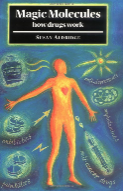 |
Magic Molecules: How Drugs Work – Susan Aldridge All of us are drug users, in the broadest sense of the word. Drugs can be medicines, they can be used for pleasure, and they can also be used to protect our long-term health. It is important that we are well informed about the drugs we use - how they work, their benefits and their risks. This book is a unique guide for the general science reader to the drugs of everyday life - from the main types of medicine through to recreational drugs and food supplements. |
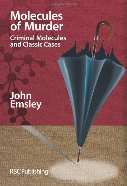 |
Molecules of Murder: Criminal Molecules and Classic Cases – John Emsley "Molecules of Murder" describes ten highly toxic molecules which are of particular interest due to their use in notorious murder cases. Each chapter explores the discovery of the molecules, their chemistry and effects in humans, followed by a re-examination of their deliberate misuse in high profile murder cases! Including a glossary of technical terms. |
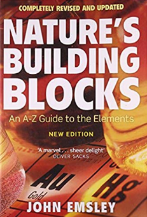 |
Nature’s Building Blocks – John Emsley In this readable, informative, and fascinating guide to the elements are entries on each of the 100-odd chemical elements, arranged alphabetically from actinium to zirconium. Each entry comprises an explanation of where the element's name comes from, followed by Body element (the role it plays in living things), Element of history (how and when it was discovered), Economic element (what it is used for), Environmental element (where it occurs, how much), Chemical element (facts, figures, and narrative), and Element of surprise (an amazing, little-known fact). |
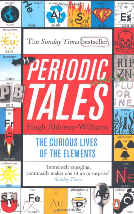 |
Periodic Tales – Hugh Aldersey-Williams Everything in the universe is made of them, including you. Like you, the elements have personalities, attitudes, talents, shortcomings, stories rich with meaning. Here you'll meet iron that rains from the heavens and noble gases that light the way to vice. You'll learn how lead can tell your future while zinc may one day line your coffin. You'll discover what connects the bones in your body with the Whitehouse in Washington, the glow of a streetlamp with the salt on your dinner table. |
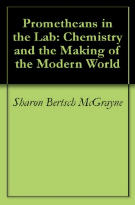 |
Prometheans In The Lab: Chemistry And The Making of The Modern World – Sharon Bertsch McGrayne Biographies of nine chemists who solved critical social problems and built both the chemical industry and our modern way of life. Their discoveries -- white clothes, cheap soap and sugar, coloured washable fabric, clean water, fertilizer, powerful aviation and automotive fuel, safe refrigerants, synthetic textiles, pesticides, and lead-free fuel and food -- were wildly popular with consumers. |
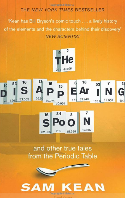 |
The Disappearing Spoon – Sam Kean The periodic table is one of our crowning scientific achievements, but it's also a treasure trove of passion, adventure, betrayal and obsession. The fascinating tales in The Disappearing Spoon follow carbon, neon, silicon, gold and every single element on the table as they play out their parts in human history, finance, mythology, conflict, the arts, medicine and the lives of the (frequently) mad scientists who discovered them. |
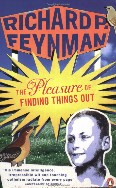 |
The Pleasure of Finding Things Out – Richard Feynman The Pleasure of Finding Things Out collects the best short works of rule-breaking genius Richard Feynman, showing his passion for knowledge and sense of fun at their most infectious. |
 |
The Shocking History of Phosphorus: A Biography of the Devil’s Element – John Emsely The Shocking History of Phosphorus is the biography of a terrifying chemical element that was discovered long before humans were capable of controlling its awesome power. Born of the age of alchemy it brought wealth to a few and misery to many, in the form of medicines, matches, poisons, and warfare agents. |
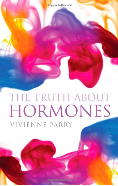 |
The Truth About Hormones – Vivienne Parry Hormones rule our internal world: they control our growth, our metabolism, weight, water-balance, body clocks, fertility, muscle bulk, mood, speed of ageing, whether we want sex or not (and whether we enjoy it) and even whom we fall in love with. Their effects may occur in seconds and be over in a flash, or emerge over months and last for years. In The Truth About Hormones Vivienne Parry explains how exactly these mysteriously powerful chemicals affect our bodies and our behaviour. |
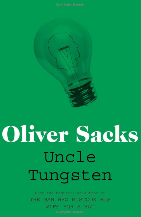 |
Uncle Tungsten – Oliver Sacks In Uncle Tungsten Oliver Sacks evokes, with warmth and wit, his upbringing in wartime England. He tells of the large science-steeped family who fostered his early fascination with chemistry. There follow his years at boarding school where, though unhappy, he developed the intellectual curiosity that would shape his later life. And we hear of his return to London, an emotionally bereft ten-year-old who found solace in his passion for learning. Uncle Tungsten radiates all the delight and wonder of a boy's adventures, and is an unforgettable portrait of an extraordinary young mind. |
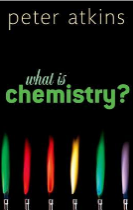 |
What is Chemistry? – Peter Atkins Most people remember chemistry from their schooldays as a subject that was largely incomprehensible. For many the topic was seen as being fact-rich but understanding-poor, smelly, and so far removed from the real world of events and pleasures that there seemed little point, except for the most introverted, in coming to terms with its grubby concepts, spells, recipes and rules. |
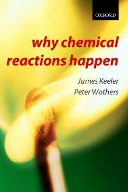 |
Why Chemical Reactions Happen – James Keeler and Peter Wothers By tackling the most central ideas in chemistry, Why Chemical Reactions Happen provides the reader with all the tools and concepts needed to think like a chemist. The text takes a unified approach to the subject, aiming to help the reader develop a real overview of chemical processes, by avoiding the traditional divisions of physical, inorganic and organic chemistry. |
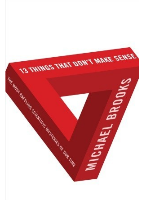 |
13 Things That Don’t Make Sense – Michael Brooks In an age when science is supposed to be king, scientists are beset by experimental results they simply can’t explain. But, if the past is anything to go by, these anomalies contain the seeds of future revolutions. While taking readers on an entertaining tour d’horizon of the strangest of scientific findings – involving everything from our lack of free will to Martian methane that offers new evidence of life on the planet – Michael Brooks argues that the things we don’t understand are the key to what we are about to discover. |
Textbooks
- ‘AQA A-level Chemistry 2’, Alyn G. McFarland, Nora Henry, Hodder Education
- ‘AQA A-level Chemistry Year 1 and AS Student Book’, Lyn Nicholls, Ken Gadd, Collins
- ‘AQA A-level Chemistry Year 2 Student Book’, Lynne Bayley, Andrew Clarke and Paolo Coppo, Collins
- ‘A-Level Chemistry for AQA: Year 2 Student Book’, CGP
- ‘A-Level Chemistry for AQA: Year 1 & AS Student Book’, CGP
Classics
Classics
This recommended reading list is mainly aimed at A Level students, but can be enjoyed by anyone who is a good reader!
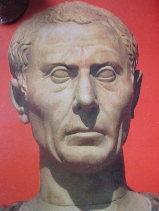 |
HistorySuetonius 12 Caesars (Later Roman history) (tabloid-esque writings on the first 12 emperors of Rome -great fun) OR Plutarch- anything you can find from a good library...he writes about all the great figures from history including Julius Caesar, Pericles (5th Century Athens)...more serious than Suetonius. |
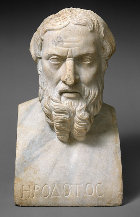 |
Herdodotus Histories (Early Greek history)- Myth mixed with fact -the grand-daddy of western history...relates the attack of the Persians on Greece...inspiration for the film 300.
|
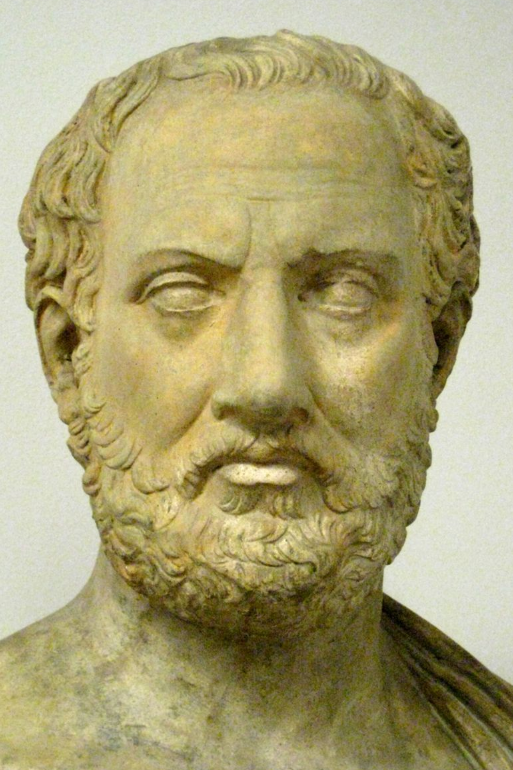 |
Thucydides Histories (Early Greek history)- Talks about the epic Peloponnese War between Sparta and Athens…contains some beautiful speeches by the great men of the age (Pericles, Cleon, Alcibaides etc.) who discuss the concepts of democracy and empire, and the pros and cons…great stuff for anyone interested in politics. |
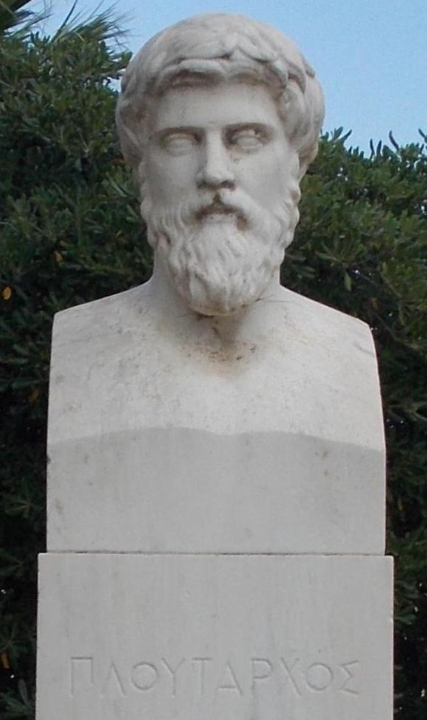 |
Plutarch later writer who writes about the lives of the great men from ancient history such as Julius Caesar, Alexander the Great, Pericles etc.
|
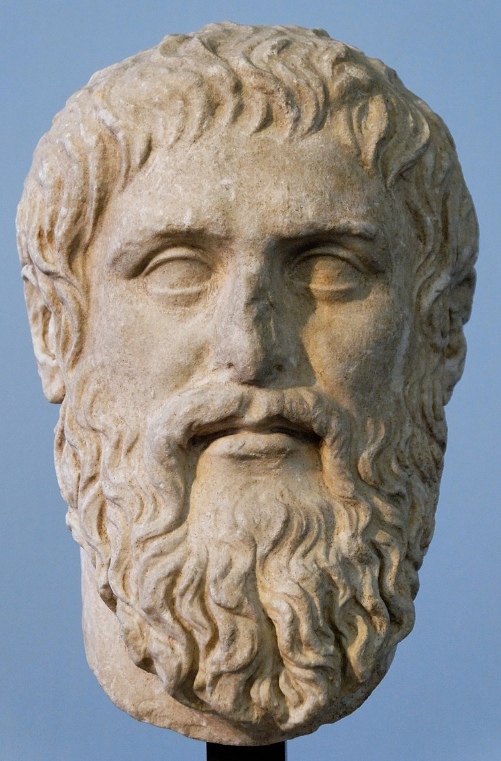 |
PhilosophyPlato Crito or Apology (Greek philosophy) OR Republic (Socrates tells us about his ideal state, complete with ideas on class division -inspired Nietzsche to write his Superman philosophy) |
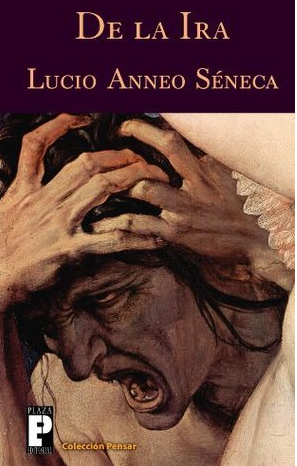 |
Seneca On Anger (or any of his theses) (Roman philosophy) (A champion of Stoic philosophy...teacher of the emperor Nero).
|
|
|
PoetryOvid Metamorphosis (Epic Augustan poetry) (Just brilliant -try book 3 for a taster...then books 1, 7 and 8)...Ovid tells myth like no-one else...might be worth buying Ted Hughes' 'Tales of Ovid' -a selection of the best stories from Met translated in a very fresh and modern style. |
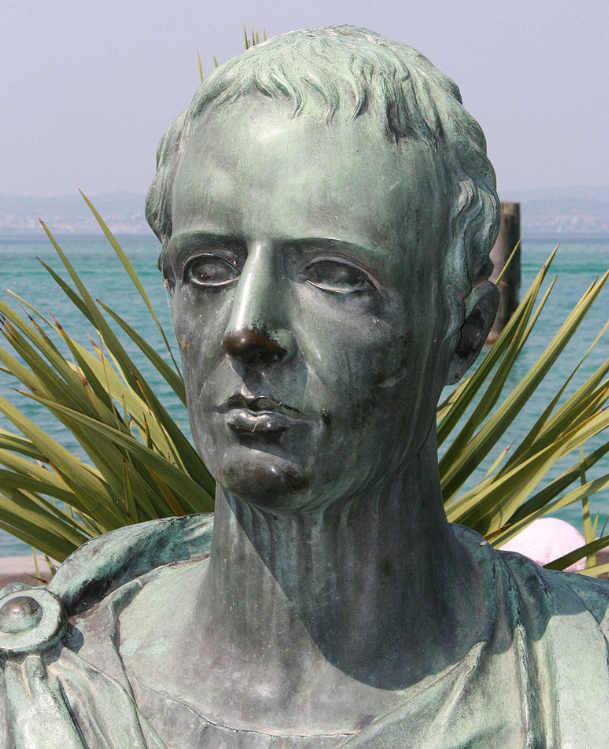 |
Catullus Poems (Republican Roman lyric poetry) -Naughty writer of love poetry...will get back to you on this with a selection to really think carefully about...sometimes with Cat, people think he is frivolous, but there is often real substance beyond the jokey tone of his poems which he writes on behalf of his lover Lesbia (not a joke!), Julius Caesar, and his Neoteric poet mates. |
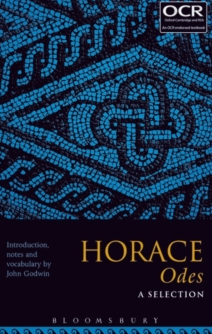 |
Horace Odes (Augustan lyric poetry) -my personal favourite...try and find a selection of his poems from a library rather than reading all of the odes...some are very dry -he talks about epicurean and stoic philosophy, growing old, the emperor Augustus, love, friendship, death, life in Rome -he is a mighty writer. |
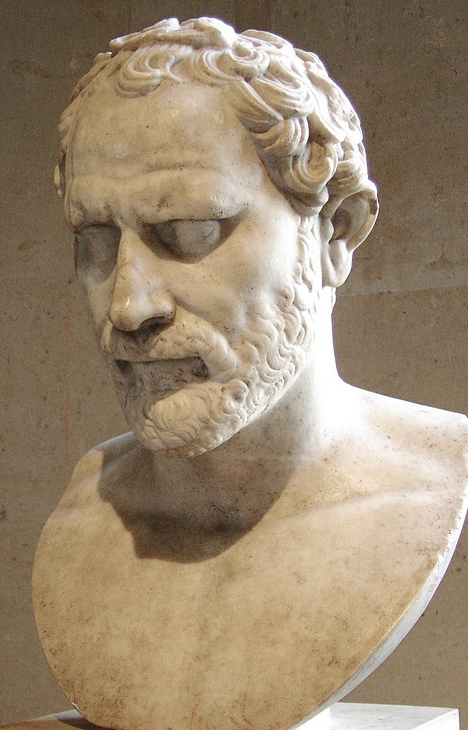 |
Demosthenes (4th Century BC oratory from Athenian lawyer) - pick a speech
|
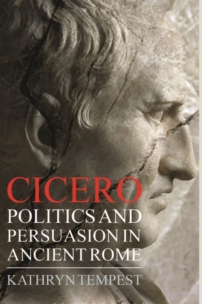 |
Cicero (Republican orator who claimed he saved Rome -Ask Latin lot about him)- Against Cataline [I reckon this stuff might be quite dense without quite substantial background reading...]
|
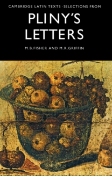 |
LettersPliny Letters (talks about 1st century Roman empire) (Again, go to library and find a selection of letters rather than plough through them all)
|
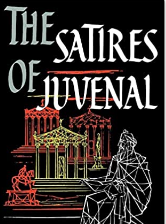 |
SatireJuvenal Satire 10 (brilliant discourse on why we shouldn't want to live forever)...short and very sweet (if a little slow at the beginning)...if you want more, head to satire 3 in which Juvenal tells us why his mate is fed up living in Rome. |
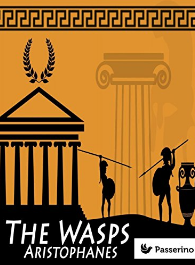 |
ComedyAristophanes (5th Century BC Athenian Comedy)- Wasps (about a law-court obsessed old man -a bit like my fair lady) OR Birds (Birds form a new state called Cloud-cuckoo-land!) OR Lysistrata...again, a personal favourite of mine. |
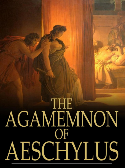 |
Aeschylus (5th Century BC Athenian Tragedy)- Agamemnon (heavy but very good).
|
Economics
Economics
These are just ten great books about Economics to get you started – there are plenty more!
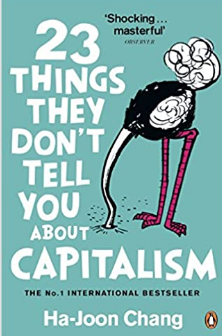 |
|
|
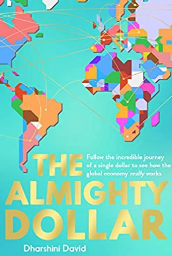 |
Almighty Dollar – Dharshini David Follow the journey of a single $ to show how the global economy works.
|
|
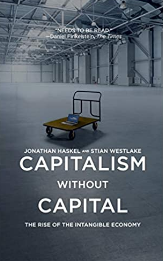 |
Capitalism Without Capital: The Rise of the Intangible Economy – Haskel & Westlake
|
|
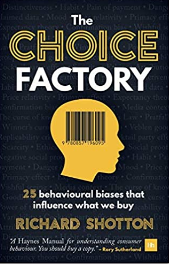 |
Choice Factory – Richard Shotton A story of 25 behavioural biases that influence what we buy.
|
|
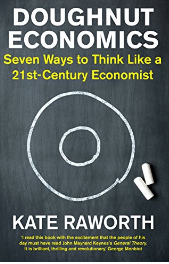 |
Doughnut Economics – Kate Raworth Challenges much of orthodox thinking in the subject. |
|
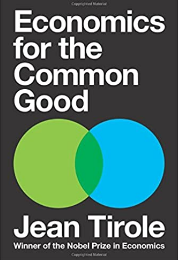 |
Economics for the Common Good – Jean Tirole Applied micro from a recent Nobel prize winner. |
|
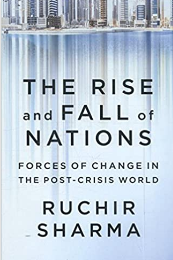 |
|
|
|
|
The Great Divide - Professor Joseph Stiglitz One of the classic critiques of globalisation. |
|
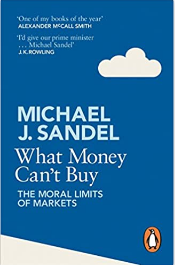 |
What Money Can't Buy: The Moral Limits of Markets - Michael Sandel Pure PPE bliss. |
|
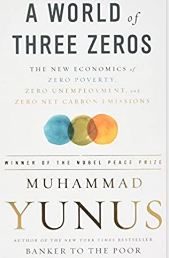 |
A World of Three Zeroes - Muhammad Yunus New book from founder of the Grameen Bank.
|
English
English
These are just some of the books in our Woodford Reading Challenge, by genre – there are plenty more!
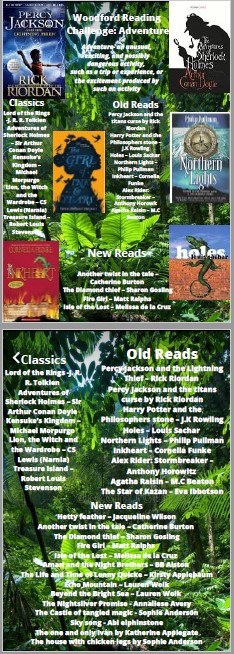 |
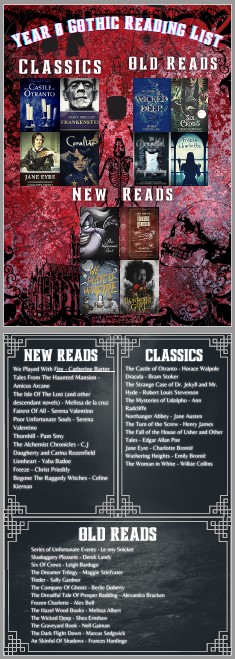 |
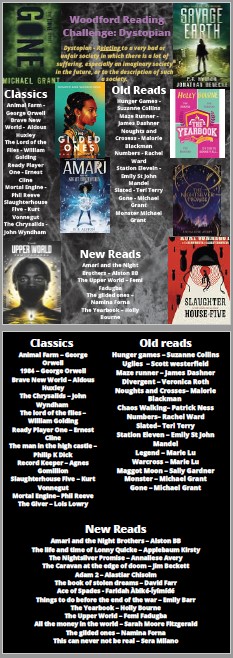 |
|
|
|||||||||||||||||||||||||||||||||||||||||||||||||||||||||
Wider reading by genre and for pleasureYear 10 Women in Literature
|
|
||||||||||||||||||||||||||||||||||||||||||||||||||||||||
Year 11 Literature from Around the World
|
|
||||||||||||||||||||||||||||||||||||||||||||||||||||||||
Year 12 Ground-breaking Texts
|
|
||||||||||||||||||||||||||||||||||||||||||||||||||||||||
World War 1
|
|||||||||||||||||||||||||||||||||||||||||||||||||||||||||
World War II
|
|
History
HISTORY
Supporting your daughter in History
Students who have been dedicated and enthusiastic readers in Primary School often read less at Secondary School because there are many distractions and because it is not always easy to find books of the right level. We hope this list of suggestions is helpful. It contains the History Department’s favourites and suggestions made by keen readers in the school. It has been divided into historical periods for information but students should not feel that they can only read topics that they are studying currently. Reading a good book is always valuable and will always come in useful at some point when you are studying History. If in doubt your daughter should talk to our librarian Ms Horne who will be able to advise her.
You can also support your daughter’s learning by taking her to visit historical places of interest and museums. We are studying Anglo Saxon and Medieval England in Year 7 so visits to Sutton Hoo, the British Museum, the Tower of London, Mountfitchet Castle and Westminster Abbey will all add to her knowledge and understanding of the period.
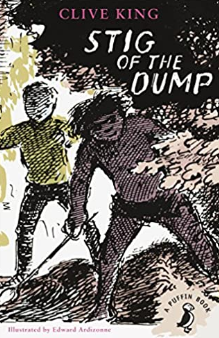 |
Stig of the Dump & Ninny’s Boat – Clive King Stig is a much-loved classic. It is the story of Barney and his best friend, cave-man Stig.
|
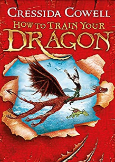 |
How to Train Your Dragon – Cressida Cowell In the first How to Train Your Dragon book Hiccup must lead ten novices in their initiation into the Hairy Hooligan Tribe. They have to train their dragons or be BANISHED from the tribe FOR EVER! But what if Hiccup's dragon resembles an ickle brown bunny with wings? And has NO TEETH? The Seadragonus Giganticus Maximus is stirring and wants to devour every Viking on the Isle of Berk. Can Hiccup save the tribe - and become a Hero? |
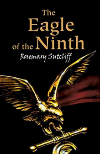 |
The Eagle of the Ninth & Queen Elizabeth Story – Rosemary Sutcliffe Four thousand men disappeared and their eagle standard was lost. It's a mystery that's never been solved, until now. Marcus has to find out what happened to his father, who led the legion. So he sets out into the unknown, on a quest so dangerous that nobody expects him to return. |
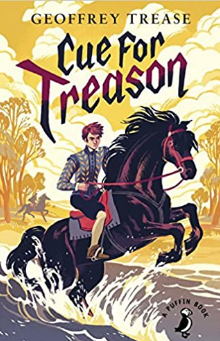 |
Bows Against the Barons & Cue for Treason – Geoffrey Trease Cue for Treason is an exciting historical novel set in the turbulent days of Elizabeth I. This classic story of danger and intrigue conjures up a world of mystery, twists and turns and thrilling action. |
 |
Any collections of Robin Hood or King Arthur StoriesA Parcel of Patterns – Jill Paton Walsh When the villagers of Eyam isolate themselves to prevent the Plague spreading, Mall is separated from her beloved Thomas
|
|
|
A Traveller in Time – Alison Uttley Penelope is a solitary and a sickly child, a reader and a dreamer. Her mother, indeed, is of the opinion that the girl has grown all too attached to the products of her imagination and decides to send her away from London for a restorative dose of fresh country air. But staying at Thackers, in remote Derbyshire, Penelope is soon caught up in a new mystery, as she finds herself transported at unforeseeable intervals back and forth from modern to Elizabethan times. There she becomes part of a remarkable family that is, Penelope realises, in terrible danger as they plot to free Mary, Queen of Scots, from the prison in which Queen Elizabeth has confined her. |
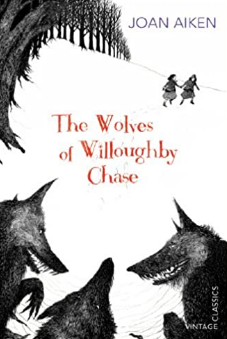 |
The Wolves of Willoughby Chase – Joan Aiken Long ago, at a time in history that never happened, England was overrun with wolves. But as Bonnie and her cousin Sylvia discover, real danger often lies closer to home. Their new governess, Miss Slighcarp, doesn't seem at all nice. She shuts Bonnie in a cupboard, fires the faithful servants and sends the cousins far away from Willoughby Chase to a place they will never be found. Can Bonnie and Sylvia outwit the wicked Miss Slighcarp and her network of criminals, forgers and snitches? |
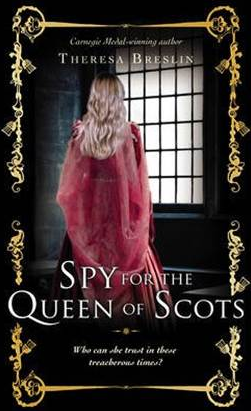 |
Spy for the Queen of Scots – Theresa Breslin Beautiful young aristocrat Ginette, known as Jenny, is the closest friend and confidant of Mary, the young Queen of Scots. Growing up in the French court dominated by the ruthless Catherine de Medici, Jenny is all too familiar with ambition, intrigue and secrets. When she hears a whispered plot against Mary, she sets out to become a spy to keep her dear friend safe, little realising how much danger she will soon find herself encountering. The Lady Grace Mysteries – Grace Cavendish |
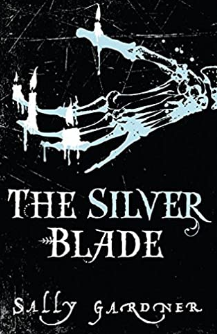 |
The Silver Blade (and others) – Sally Gardner With Sido safely in England and the Terror at its height, Yann returns to France to smuggle out aristocratic refugees who will otherwise face the guillotine. But when Sido is kidnapped, he must use all his strength and courage to outwit the evil Count Kalliovski, and rescue her for a second time. |
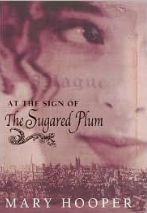 |
At the Sign of the Sugared Plum (and others) – Mary Hooper It is 1665 and Hannah is full of excitement at the prospect of her first trip to London. She is going to help her sister, Sarah, in her candy shop, 'The Sugared Plum'. But Hannah does not get the welcoming reception she expected from her sister because the Plague is taking hold of London. However, Hannah is determined to stay and together the two young women face the worst-with the possibility of their own demise, growing ever closer. But through it all they persevere with the support of their neighbours and each other. |
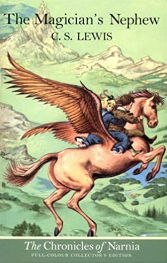 |
Nineteenth CenturyMagician’s Nephew – C S Lewis On a daring quest to save a life, two friends are hurled into another world, where an evil sorceress seeks to enslave them. But then the lion Aslan’s song weaves itself into the fabric of a new land, a land that will be known as Narnia. And in Narnia, all things are possible |
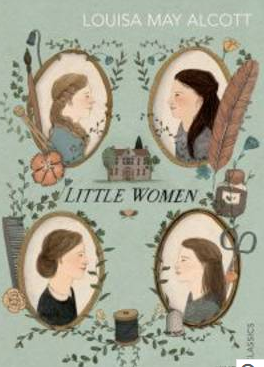 |
Little Women – Louisa May Alcott Here are talented tomboy and author-to-be Jo, tragically frail Beth, beautiful Meg, and romantic, spoiled Amy, united in their devotion to each other and their struggles to survive in New England during the Civil War. |
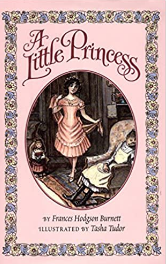 |
A Little Princess & The Secret Garden – Frances Hodgson Burnett Generations of children have treasured the story of Sara Crewe, the little girl who imagines she’s a princess in order to survive hard times at Miss Minchins London boarding school. |
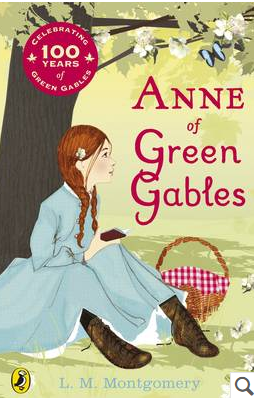 |
Anne of Green Gables – L M Montgomery Marilla and Matthew Cuthbert are in for a big surprise. They are waiting for an orphan boy to help with the work at Green Gables - but a skinny, red-haired girl turns up instead. Feisty and full of spirit, Anne Shirley charms her way into the Cuthbert’s' affection with her vivid imagination and constant chatter. |
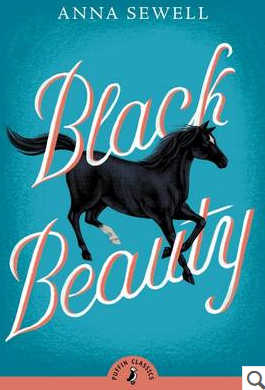 |
Black Beauty – Anna Sewell Black Beauty is a handsome, sweet-tempered colt with a strong spirit. As a young colt he is free to gallop in the fresh green meadows with his beloved mother, Duchess, and their kind master. But when his owners are forced to sell him, Black Beauty goes from a life of comfort and kindness to one of hard labour and cruelty. |
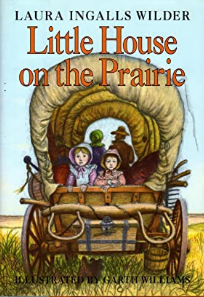 |
Little House on the Prairie – Laura Ingalls Wilder When Laura Ingalls and her family set out for Kansas, they travel for many days in their covered wagon until they find the perfect place to call home. Pioneer life is sometimes hard, but Laura and her family are busy and happy building their new little house |
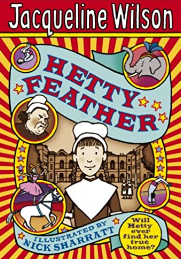 |
Hetty Feather – Jacqueline Wilson London, 1876 and Hetty Feather is just a tiny baby when her mother leaves her at the Foundling Hospital. The Hospital cares for abandoned children - but Hetty must first live with a foster family until she is big enough to go to school. |
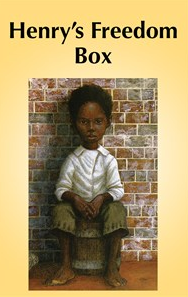 |
Henry’s Freedom Box – Ellen Levine Henry dreams of a world where his life belongs to him. But when his family is sold, he risks everything for what he knows is right. With the strength and conviction of the best kind of hero, Henry makes a harrowing journey in a wooden crate -- and mails himself to freedom! |
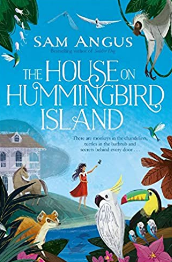 |
The House on Hummingbird Island – Sam Angus Idie Grace is twelve when she inherits a grand old house on a Caribbean island, and is sent away from grey old England to a place where hummingbirds hover and monkeys clamber from tree to tree. |
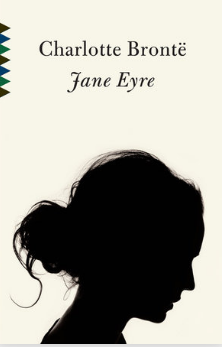 |
Jane Eyre – Charlotte Bronte The loneliness and cruelty of Jane’s childhood strengthens her natural independence and spirit, which prove invaluable when she takes a position as a governess at Thornfield Hall. But after she falls in love with her sardonic employer, her discovery of his terrible secret forces her to make a heart-wrenching choice. |
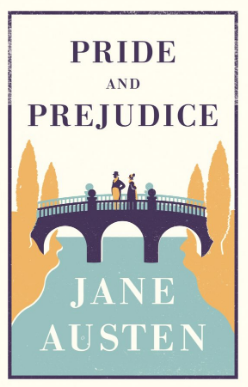 |
Pride & Prejudice – Jane Austen The pride of high-ranking Mr Darcy and the prejudice of middle-class Elizabeth Bennet conduct an absorbing dance through the rigid social hierarchies of early-nineteenth-century England, with the passion of the two unlikely lovers growing as their union seems ever more improbable. |
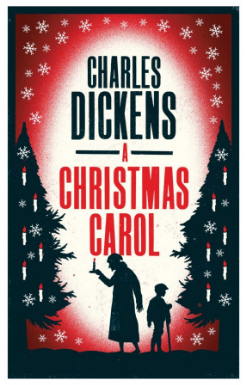 |
Christmas Carol – Charles Dickens Ebenezer Scrooge is a lonely, miserly old man who hates Christmas, which he dismisses as “humbug”. One Christmas Eve, however, he is visited by a series of ghosts who reveal to him the innocence he has lost. |
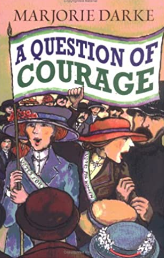 |
A Question of Courage – Marjoire Darke A young English seamstress becomes involved in the Suffragette movement before World War I |
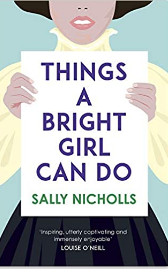 |
Things a Bright Girl Can Do – Sally Nicholls Through rallies and marches, in polite drawing rooms and freezing prison cells and the poverty-stricken slums of the East End, three courageous young women join the fight for the vote. |
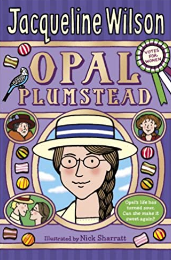 |
Opal Plumstead – Jacqueline Wilson Opal might be plain, but she has always been fiercely intelligent. Yet her scholarship and dreams of university are snatched away when her father is sent to prison, and fourteen-year-old Opal must start work at the Fairy Glen sweet factory to support her family. |
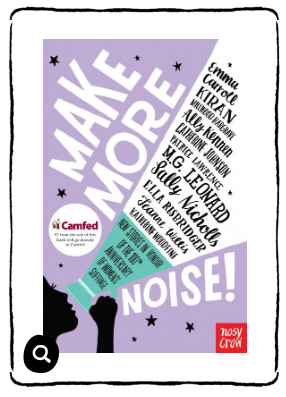 |
Make More Noise – Short Stories from Emma Carroll & Others Each story, written by a star-studded list of contributors, including well-known, award-winning and new voices in children’s literature, celebrates strong female characters, with subjects ranging from the 43 Group to modern ghost stories. |
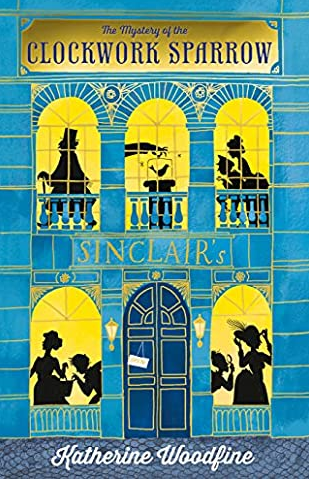 |
The Mystery of the Clockwork Sparrow - Katherine Woodfine You are cordially invited to attend the Grand Opening of Sinclair’s department store! Enter a world of bonbons, hats, perfumes and MYSTERIES around every corner. WONDER at the daring theft of the priceless CLOCKWORK SPARROW! TREMBLE as the most DASTARDLY criminals in London enact their wicked plans! |
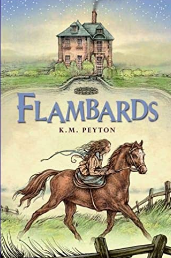 |
Flambards – K M Peyton A totally absorbing novel about twelve-year-old Christina who is sent to live with her fierce uncle and his two sons in their decaying mansion, Flambards. Christina discovers a passion for horses and riding but finds herself part of a strange household, divided by emotional undercurrents and cruelty. |
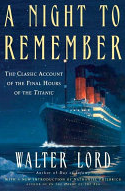 |
A Night to Remember – Walter Lord Remains a completely riveting account of the Titanic's fatal collision and the behaviour of the passengers and crew, both noble and ignominious. Some sacrificed their lives, while others fought like animals for their own survival. |
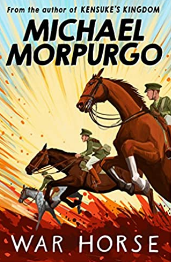 |
War Horse – Michael Morpurgo In 1914, Joey, a beautiful bay-red foal with a distinctive cross on his nose, is sold to the army and thrust into the midst of the war on the Western Front. With his officer, he charges toward the enemy, witnessing the horror of the battles in France. |
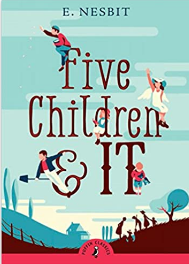 |
Five Children & It – E Nesbit The five children find a cantankerous sand fairy, a psammead, in a gravel pit. Every day 'It' will grant each of them a wish that lasts until sunset, often with disastrous consequences. |
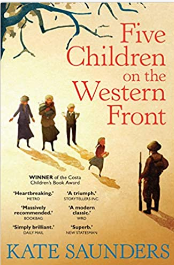 |
Five Children on the Western Front – Kate Saunders Have you ever wondered what happened to the Five Children and It characters when the First World War began? |
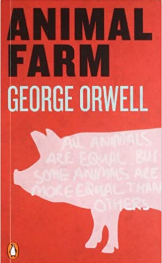 |
Animal Farm – George Orwell Timeless and timely allegorical novella scathing satire on a downtrodden society’s blind march towards totalitarianism. All animals are equal, but some animals are more equal than others. A farm is taken over by its overworked, mistreated animals. |
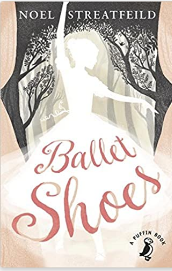 |
White Boots, Ballet Shoes & a Vicarage Family – Noel Streatfield Pauline, Petrova and Posy are orphans determined to help out their new family by joining the Children's Academy of Dancing and Stage Training. But when they vow to make a name for themselves, they have no idea it's going to be such hard work! |
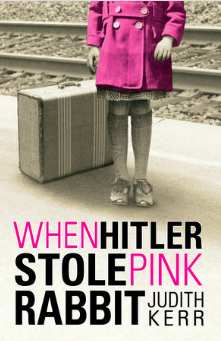 |
When Hitler Stole Pink Rabbit – Judith Kerr Suppose your country began to change. Suppose that without your noticing, it became dangerous for some people to live in Germany any longer. Suppose you found, to your complete surprise, that your own father was one of those people. |
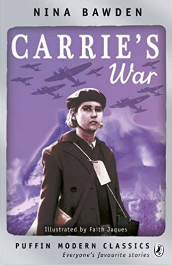 |
Carrie’s War – Nina Bawden Albert, Carrie and young Nick are war-time evacuees whose lives get so tangled up with the people they've come to live among that the war and their real families seem to belong to another world. Carrie and Nick are billeted in Wales with old Mr Evans, who is so mean and cold, and his timid mouse of a sister, Lou, who suddenly starts having secrets. |
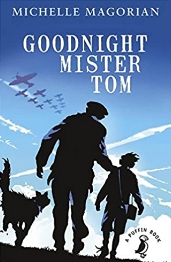 |
Goodnight Mr Tom – Michelle Magorian The gruff and surly Mr Thomas Oakley is less than pleased when he is landed with a scrawny little city boy as a guest, but because it is compulsory that each villager takes in an evacuee he reluctantly agrees. |
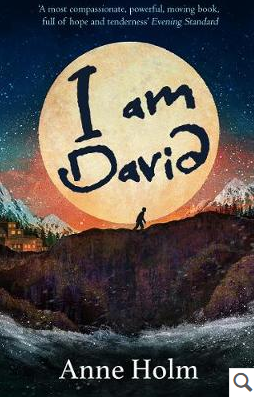 |
I am David – Anne Holm David's entire twelve-year life has been spent in a grisly prison camp in Eastern Europe. He knows nothing of the outside world. But when he is given the chance to escape, he seizes it. With his vengeful enemies hot on his heels, David struggles to cope in this strange new world, where his only resources are a compass, a few crusts of bread, his two aching feet, and some vague advice to seek refuge in Denmark. |
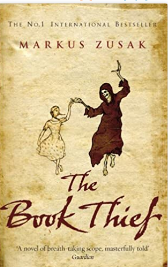 |
The Book Thief – Markus Zusak It is 1939. Nazi Germany. The country is holding its breath. Death has never been busier, and will be busier still. |
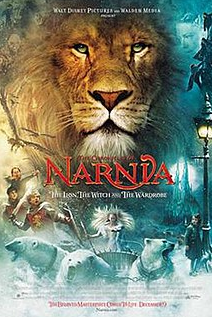 |
The Lion, the Witch & the Wardrobe – C S Lewis Narnia...the land beyond the wardrobe door, a secret place frozen in eternal winter, a magical country waiting to be set free. |
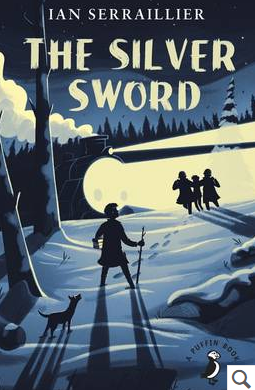 |
The Silver Sword – Ian Serraillier The silver sword became the symbol of hope and courage which kept four deserted and starving children alive through the years of occupation, and afterwards on the search to find their parents, and is based on a true story. |
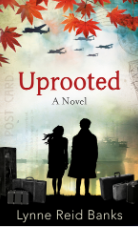 |
Uprooted – Lynne Reid Banks In 1940 as war rages across Europe, ten-year-old Lindy waves goodbye to England and makes the long journey to Saskatoon, Canada, along with her mother and her cousin Cameron. They may be far from the war but they are also far from home and everyone they know and love. |
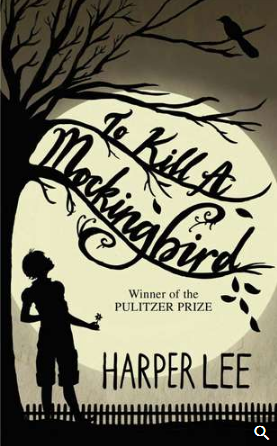 |
To Kill a Mockingbird – Harper Lee The unforgettable novel of a childhood in a sleepy Southern town and the crisis of conscience that rocked it. |
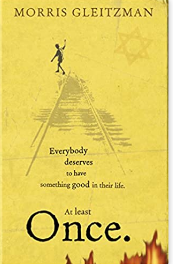 |
Once, Now, Then, After, Soon – Morris Gleitzman The story of a young Jewish boy who is determined to escape the orphanage he lives in to save his Jewish parents from the Nazis in the occupied Poland of the Second World War. |
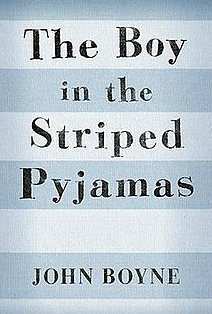 |
The Boy in the Striped Pyjamas (and others) – John Boyne If you start to read this book, you will go on a journey with a nine-year-old boy named Bruno. (Though this isn't a book for nine-year-olds.) And sooner or later you will arrive with Bruno at a fence. |
Physics
PHYSICS
Wider Reading for Pleasure/Interest/UCAS
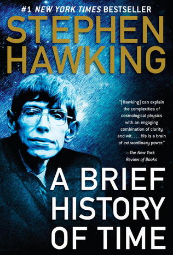 |
A Brief History of Time – Stephen Hawking In the years since its publication in 1988, Stephen Hawking's classic work has become a landmark volume in scientific writing. That edition was on the cutting edge of what was then known about the origins and nature of the universe. But the intervening years have seen extraordinary advances in the technology of observing both the micro- and the macrocosmic worlds. These observations have confirmed many of Professor Hawking's theoretical predictions |
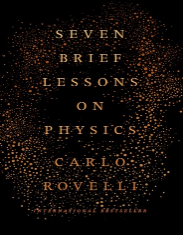 |
Seven Brief Lessons on Physics – Carlo Rovelli This is a book about the joy of discovery. A playful, entertaining, and mind-bending introduction to modern physics. Rovelli offers surprising—and surprisingly easy to grasp—explanations of general relativity, quantum mechanics, elementary particles, gravity, black holes, the complex architecture of the universe, and the role humans play in this weird and wonderful world. |
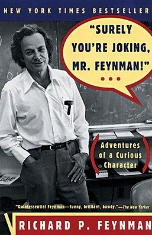 |
Surely You’re Joking Mr Feynman! – Richard Feynman Richard Feynman (1918-1988), winner of the Nobel Prize in physics, thrived on outrageous adventures. Here he recounts in his inimitable voice his experience trading ideas on atomic physics with Einstein and Bohr and ideas on gambling with Nick the Greek; cracking the uncrackable safes guarding the most deeply held nuclear secrets; painting a naked female toreador—and much else of an eyebrow-raising nature. |
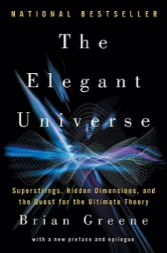 |
The Elegant Universe Superstrings, Hidden Dimensions and the Quest for the Ultimate ‘Theory – Brian Greene Greene, one of the world's leading string theorists, peels away layers of mystery to reveal a universe that consists of eleven dimensions, where the fabric of space tears and repairs itself, and all matter—from the smallest quarks to the most gargantuan supernovas—is generated by the vibrations of microscopically tiny loops of energy. This book makes some of the most sophisticated concepts ever contemplated accessible and thoroughly entertaining, bringing us closer than ever to understanding how the universe works. |
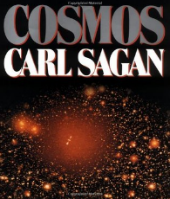 |
Cosmos – Carl Sagan Cosmos has 13 heavily illustrated chapters, corresponding to the 13 episodes of the Cosmos television series. In the book, Sagan explores 15 billion years of cosmic evolution and the development of science and civilization. Cosmos traces the origins of knowledge and the scientific method, mixing science and philosophy, and speculates to the future of science. |
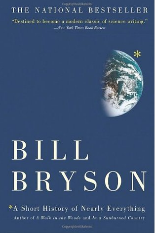 |
A Short History of Nearly Everything – Bill Bryson In Bryson's biggest book, he confronts his greatest challenge: to understand—and, if possible, answer—the oldest, biggest questions we have posed about the universe and ourselves. Taking as territory everything from the Big Bang to the rise of civilization, Bryson seeks to understand how we got from there being nothing at all to there being us. |
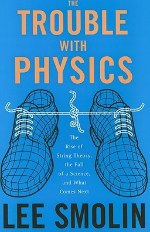 |
The Trouble with Physics – Lee Smolin In this ground-breaking book, the renowned theoretical physicist Smolin argues that physics — the basis for all other sciences — has lost its way. For more than two centuries, our understanding of the laws of nature expanded rapidly. But today, despite our best efforts, we know nothing more about these laws than we knew in the 1970s. Why is physics suddenly in trouble? And what can we do about it? |
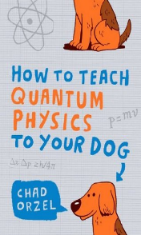 |
How to Teach Quantum Physics to Your Dog Chad Orzel Emmy is not your ordinary dog. When adopted from the shelter by physics professor Chad Orzel, she becomes immediately fascinated by his work. Could she use quantum tunnelling to get through the neighbour's fence? How about diffracting round a tree to catch squirrels? Or using virtual particles to catch bunnies made of cheese? In this international bestseller, Orzel explains the key theories of Quantum Physics, taking Emmy's anarchic behaviour as a starting point. From quarks and gluons to Heisenberg's uncertainty principle, this is a uniquely entertaining way to unlock the secrets of the universe. |
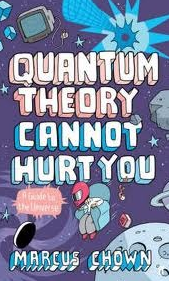 |
Quantum Theory Cannot Hurt You – Marcus Chown The two towering achievements of modern physics are quantum theory and Einstein's general theory of relativity. Together, they explain virtually everything about the world we live in. But, almost a century after their advent, most people haven't the slightest clue what either is about. |
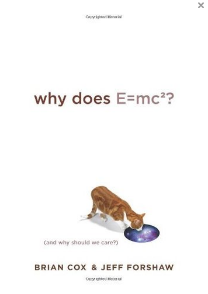 |
Why Does E=MC² - Brian Cox & Jeff Forshaw The most accessible, entertaining, and enlightening explanation of the best-known physics equation in the world, as rendered by two of today’s leading scientists. Professors Cox and Forshaw go on a journey to the frontier of 21st century science to consider the real meaning behind the iconic sequence of symbols that make up Einstein’s most famous equation, E=mc2. Breaking down the symbols themselves, they pose a series of questions: What is energy? What is mass? What has the speed of light got to do with energy and mass? In answering these questions, they take us to the site of one of the largest scientific experiments ever conducted. |
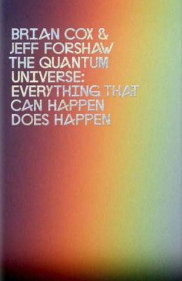 |
The Quantum Universe: Everything That Can Happen Does Happen – Brian Cox & Jeff Forshaw In The Quantum Universe, Professors Cox and Forshaw approach the world of quantum mechanics in the same way they did in Why Does E=mc2? and make fundamental scientific principles accessible and fascinating to everyone. The subatomic realm has a reputation for weirdness, spawning any number of profound misunderstandings, journeys into Eastern mysticism, and woolly pronouncements on the interconnectedness of all things. Cox and Forshaw's contention? There is no need for quantum mechanics to be viewed this way. |
Politics
POLITICS
The nature of the subject means that many books on Politics become out-of-date very quickly but even so, a great deal can still be learned about the nature of politics from reading them. Books that deal with political theory of long-term trends in politics are less susceptible to this – indeed, Plato is still relevant after 2,500 years!
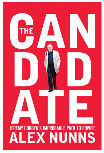 |
Current British PoliticsThe Candidate – Alex Nunns This is a book about the rise of Jeremy Corbyn and the current state of the Labour Party. |
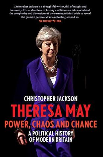 |
Theresa May – Power, Chaos & Chance – Christopher Jackson The name says it all really although it puts her premiership into a wider historical context. |
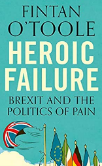 |
Heroic Failure – Fintan O’Toole This is about the Brexit referendum and the Brexiteers. Its tone is humorous. |
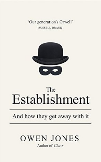 |
The Establishment – Owen Jones This is a left-wing analysis of how the British political system operates. Owen Jones is a political activist who writes for the Guardian and tweets a lot! |
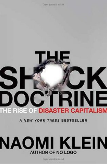 |
International PoliticsThe Shock Doctrine – Naomi Klein This is an analysis of the motives behind American foreign policy and is pretty critical. It’s a few years old though. |
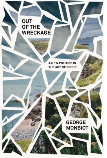 |
Out of the Wreckage – George Monbiot Monbiot also writes for the Guardian occasionally. He’s an environmental anarchist and this is his analysis of the world today and what he thinks could be done to make it better. |
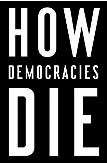 |
How Democracies Die – Steven Levitsky & Daniel Ziblatt Although focused mainly on the impact of Trump in the USA, the book looks more broadly at the factors that lead to the decline of democracy and assess how real this threat is in today’s world. |
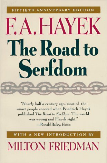 |
Political TheoryA lot of this is pretty heavy but it’s also fascinating. Here are three quite readable (and fairly short) books. The Road to Serfdom – Friedrich von Hayek Hayek was said to be the inspiration for Margaret Thatcher. He has been incredibly influential, particularly with advocates of the free market and critics of socialism. |
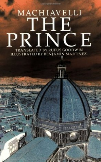 |
The Prince – Niccolo Machiavelli This is a 16th Century guide to the dark arts of ruling. It was so influential Machiavelli’s name has become part of the English language |
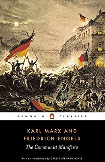 |
The Communist Manifesto – Karl Marx & Friedrich Engels An early work, which lays out Marx’s ideas on the class struggle and why revolution is needed |
 |
Political NovelsHead of State – Andrew Marr A comedy about how the government tries to cover up the death of the Prime Minister. |
 |
Middle England – Jonathan Coe A darkly humorous book about the state of the nation set against the backdrop of Brexit. |
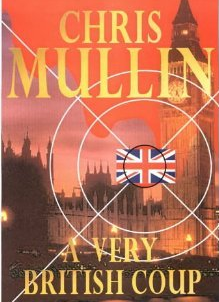 |
A Very British Coup – Chris Mullin It tells the story of what happens when a left-wing government tries to introduce radical change to Britain. |
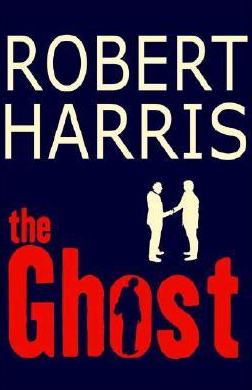 |
The Ghost – Robert Harris A thriller about what happens when an ex-Prime Minister decides to write his controversial memoirs. |
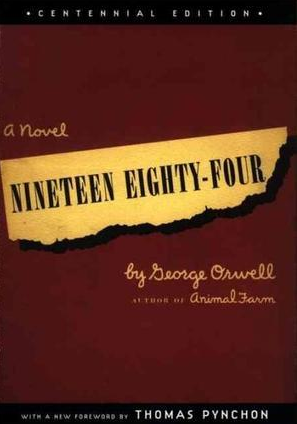 |
Nineteen Eighty-Four – George Orwell A nightmare vision of a totalitarian state based on Orwell’s observations of what was going on at the time in the Soviet Union under Stalin (it was originally going to be called 1948). |
DIARIES
Political diaries can be interesting and sometimes quite fun. There are lots of them but interesting ones from not too long ago are those of Alistair Campbell, Alan Clark & Tony Benn.
Alan Clark Diaries: Into Politics 1972-1982, Volume II
If I had to choose I’d probably recommend volume II of the Alan Clark diaries. He was a great supporter of Thatcher, a learned historian, a rake and a bit of a buffoon.
OTHER READING
Political Theory & Philosophy
- Plato The Republic
- Aristotle Politics
- John Rawls A Theory of Justice
- Antonio Gramsci Prison Diaries
- Jean-Jacques Rousseau The Social Contract
- Francis Fukuyama The End of History and the Last Man
- Karl Marx The German Ideology
- Ralph Miliband The State in Capitalist Society
- Thomas Hobbes Leviathan
- John Locke Two Treatises on Government
- John Stuart Mill On Liberty
- Anthony Giddens The Third Way
- Karl Popper The Open Society and Its Enemies
- Edmund Burke Reflections on the Revolution in France
- Robert A. Dahl Dilemmas of Pluralist Democracy
- Edwards S. Herman & Noam Chomsky Manufacturing Consent
- Stephen Lukes Power
- Michael Oakshott On Human Conduct
- John Waldron Theories of Rights
- Isaiah Berlin Four Essays On Liberty
International Relations/World Politics
- Gore Vidal Perpetual War for Perpetual Peace
- Michael Moore Stupid White Men
- George Monbiot Captive State
- David Satter Darkness at Dawn
- Niall Ferguson Collosus
- Richard Koch & Chris Smith The Suicide of the West










